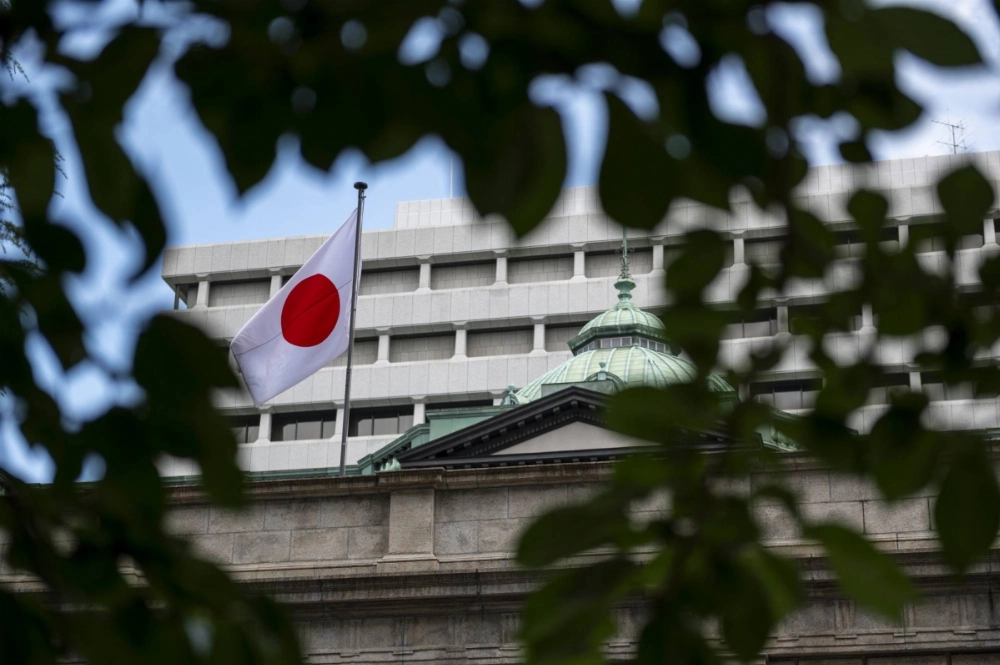The Bank of Japan said Wednesday that unrealized losses on its holdings of Japanese government bonds widened to a record ¥13.66 trillion at the end of September from ¥10.5 trillion a year earlier.
JGB prices fell after the central bank ended its negative interest rate policy in March and raised interest rates in July. The benchmark 10-year JGB yield rose from below 0.75% at the end of March to around 0.85% at the end of September. Bond yields move in the opposite direction to prices.
The valuation losses are not reflected in the BOJ's financial statements as the central bank is supposed to hold JGBs to maturity.


















With your current subscription plan you can comment on stories. However, before writing your first comment, please create a display name in the Profile section of your subscriber account page.